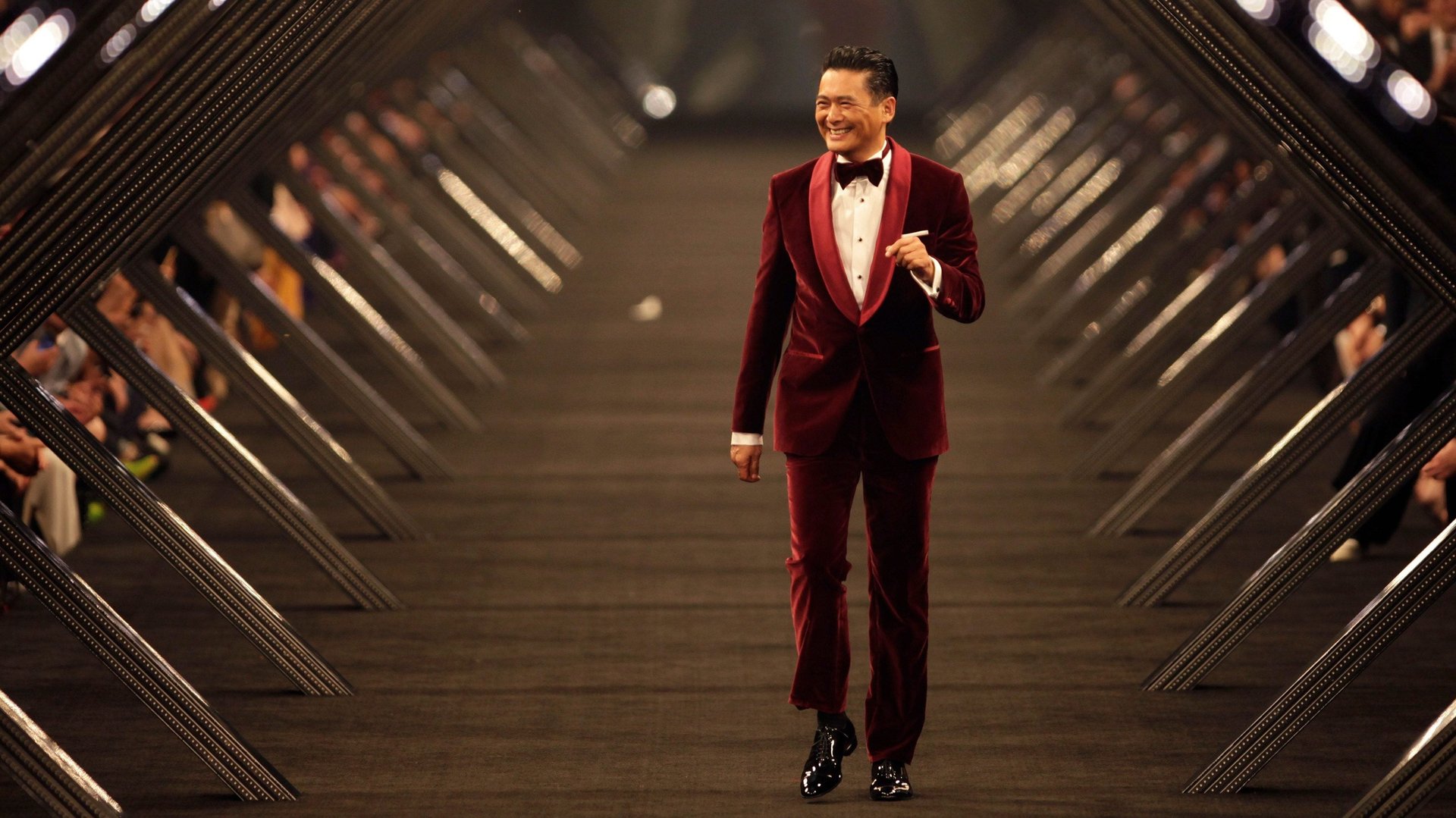The surprisingly modest lifestyle of one of the world’s wealthiest actors
Is there anything as thrillingly curious as ignored wealth?


Is there anything as thrillingly curious as ignored wealth?
The popularity of a news story about Crouching Tiger, Hidden Dragon star Chow Yun-fat suggests not.
The Hong Kong-based film star revealed in a recent interview with South Korea’s Munhwa Broadcasting Corporation that he plans to donate his fortune of HK$5.6 billion (approximately $700 million) to charity after his death, the Guardian reports. In fact, he has announced the same intention in other recent interviews in Asia.
While the pledge is impressive, what’s most tantalizing about these stories about Chow are the details about his relatively modest lifestyle while he’s alive.
Obscene displays of wealth have become common in Hong Kong, one of the world’s most expensive cities, even as the gap between the rich and poor widens. Inequality there is estimated to be more severe than in Singapore or the US, and more of the globe’s ultra-rich now live in Hong Kong than in New York.
In this context, Chow’s frequent use of public transit, for instance, defies the laws of social norms with the same grace that his martial-arts moves have ostensibly transgressed the boundaries of physics. Fans frequently spot Chow—nicknamed “Brother Fat” by his admirers—on city trains, and snap photos as proof. Asked earlier this year why he chooses the train over a chauffeured vehicle, he said, “I think that some people believe that just because you are born here, that when you have money, you need to move up to the next level. And that you are supposed to own whatever material goods people of that level are supposed to have. The minute you don’t do that, you are considered strange.”
Speaking like a perfectly reasonable person, and self-professed Buddhist, he added, that the train allows him to zip around between destinations within minutes: “a lot of people care about status symbols, and so they have to be stuck in a jam for two hours. I don’t care about those things, I care about being practical, relaxed and comfortable.”
His wife, Jasmine Tan, has confirmed that Chow has a Warren Buffett level of dedication to humble living. He often eats at Hong Kong’s street food stalls and does not shop: He used a Nokia flip phone for 17 years, switching to a smart phone recently, only when the once-trusty Nokia stopped working. The Guardian reports that he’s also been seen “lining up for tickets to watch his own movie.”
Once a fan of flashy vintage cars, a kind of cliche of movie stars, the 63-year-old has reportedly sold them all, explaining, “I’m already an antique myself, why do I need to drive a vintage car? I’m breaking down every other minute myself already.”
Chow grew up in a rural working-class family, and came of age in a Hong Kong still run by a British colonial government. His mother was a vegetable farmer and house cleaner and his father worked on a Shell oil tanker, according to his IMDB profile. Of his more than 90 movies, western audiences know him best from films like Anna and the King (1999), and A Better Tomorrow (1986), but he’s most recognized for playing Li Mu Bai, the martial-arts warrior and swordsman out to avenge his master’s death in Ang Lee’s Oscar-winning Crouching Tiger, Hidden Dragon. The 2000 movie remains one of the most acclaimed films of all time.
Naturally, given the genre, the film also contained a current of Taoist ideas. One of Li Mu Bai’s most famous lines speaks to the futility of clinging to material goods: “The things we touch have no permanence. My master would say: there is nothing we can hold onto in this world. Only by letting go can we truly possess what is real.”
Chow shared a similar adage in the South Korean interview, saying: “This money isn’t something you possess for ever. When you’re gone one day, you have to leave it to others to use it.”